The relationship between alcohol and sleep is far more complex than most people realize. While many turn to a nightcap as a quick fix for insomnia or restless nights, the truth is that alcohol disrupts the natural sleep cycle in ways that can leave you feeling more exhausted than rested. The sedative effects might help you fall asleep faster, but the quality of that sleep is often compromised, leading to a vicious cycle of fatigue and dependence.
Alcohol's initial sedative effect tricks many into believing it aids sleep. A glass of wine or a strong cocktail can indeed make you feel drowsy, as alcohol interacts with the central nervous system, slowing down brain activity. This is why people often report falling asleep faster after drinking. However, this is only one side of the story. As the body metabolizes alcohol, the sedative effect wears off, and the second half of the night becomes fragmented. You might wake up frequently, experience lighter sleep, or struggle to reach the deeper, restorative stages of slumber.
One of the most significant ways alcohol disrupts sleep is by interfering with REM (Rapid Eye Movement) sleep, the stage associated with dreaming and cognitive restoration. Studies have shown that alcohol consumption, especially in large amounts, suppresses REM sleep early in the night. When the body finally rebounds from this suppression later in the sleep cycle, REM sleep becomes more intense, often leading to vivid dreams or nightmares. This imbalance can leave you feeling emotionally drained and mentally foggy the next day, even if you technically slept for a full eight hours.
Another overlooked aspect is how alcohol affects breathing during sleep. It relaxes the muscles in the throat, which can exacerbate conditions like sleep apnea or lead to increased snoring. Even for those without pre-existing breathing issues, alcohol can cause intermittent drops in oxygen levels, further disrupting sleep quality. This is why people often wake up after a night of drinking feeling like they barely slept at all, despite having been unconscious for hours.
The impact of alcohol on sleep isn't just limited to the night of drinking. Regular consumption can alter your circadian rhythm, the internal clock that regulates sleep-wake cycles. Over time, this can lead to chronic sleep disturbances, making it harder to fall asleep without alcohol—a dangerous dependency that can spiral into long-term insomnia. The body becomes accustomed to relying on alcohol as a sleep aid, and breaking this habit can be incredibly difficult once established.
Interestingly, the type of alcohol consumed may also play a role in how severely sleep is disrupted. Drinks with higher alcohol content, such as spirits, tend to have a more pronounced negative effect compared to beer or wine. However, any amount of alcohol before bed can interfere with sleep architecture. Even moderate drinking, defined as one drink per day for women and two for men, has been linked to reduced sleep quality when consumed within a few hours of bedtime.
For those who enjoy an occasional drink, timing is crucial. Experts recommend allowing at least three to four hours between your last drink and bedtime to give your body time to metabolize the alcohol. This buffer period can mitigate some of the negative effects on sleep, though it won't eliminate them entirely. Hydration also plays a key role—alcohol is dehydrating, and even mild dehydration can worsen sleep quality. Drinking water between alcoholic beverages and before bed can help counteract this effect.
The long-term consequences of using alcohol as a sleep aid are concerning. Beyond the immediate disruption to sleep patterns, chronic use can contribute to a host of health issues, including liver disease, weakened immune function, and increased risk of depression and anxiety—conditions that themselves are closely tied to poor sleep. It becomes a self-perpetuating cycle: poor sleep leads to daytime fatigue, which may drive individuals to consume more alcohol to relax or sleep, further degrading sleep quality.
For those struggling with sleep, alternatives to alcohol exist that don't come with the same drawbacks. Establishing a consistent bedtime routine, creating a sleep-conducive environment, and practicing relaxation techniques like meditation or deep breathing can all promote better sleep naturally. In cases where sleep difficulties persist, consulting a healthcare professional is advisable, as underlying conditions may need to be addressed.
Ultimately, while alcohol may seem like a shortcut to sleep, it's a path that often leads to more problems than it solves. Understanding the complex relationship between alcohol and sleep is the first step toward making informed choices about nighttime habits. True restfulness comes from respecting the body's natural sleep processes rather than trying to chemically override them. The occasional drink may not ruin your sleep entirely, but relying on alcohol as a sleep aid is a recipe for chronic fatigue and health complications down the line.
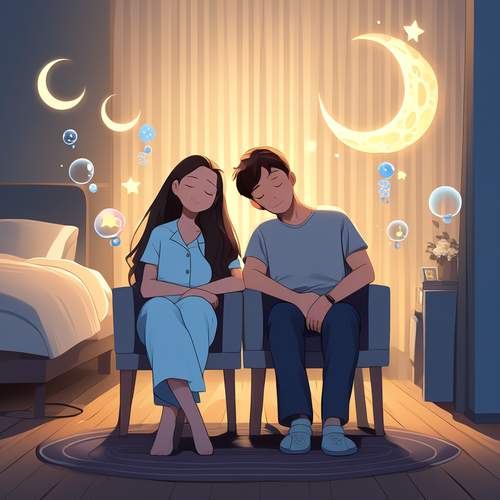
By /May 22, 2025
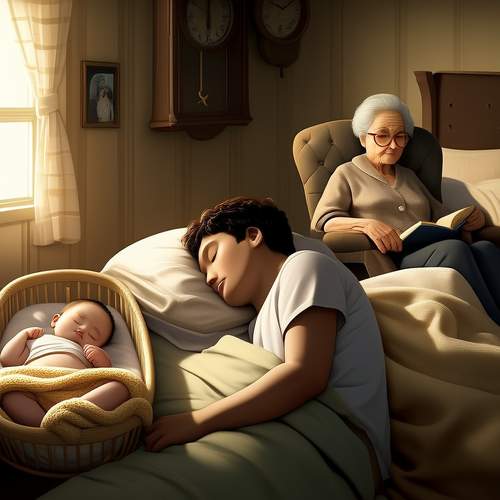
By /May 22, 2025
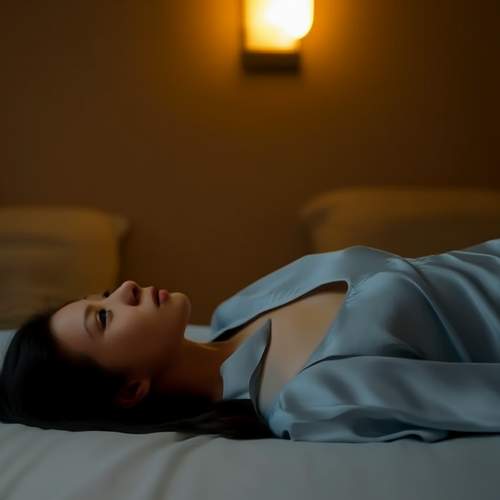
By /May 22, 2025
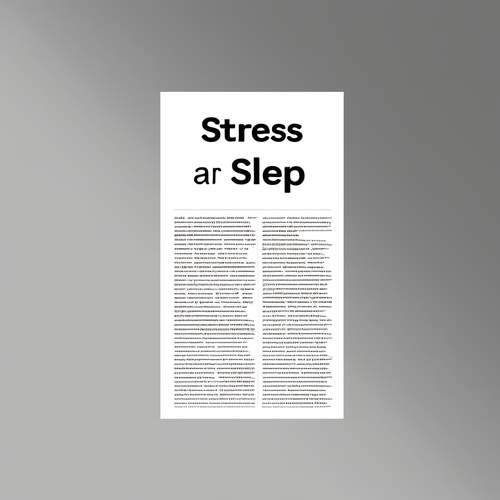
By /May 22, 2025
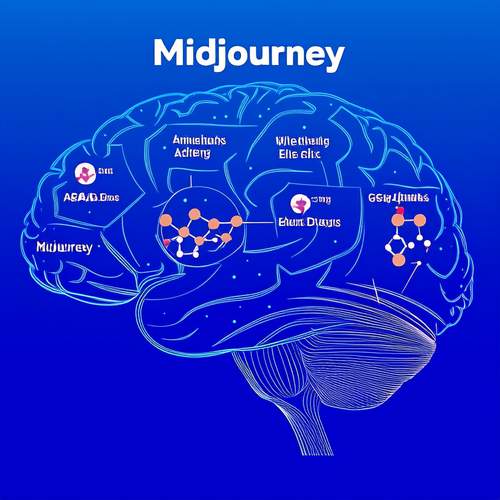
By /May 22, 2025

By /May 22, 2025
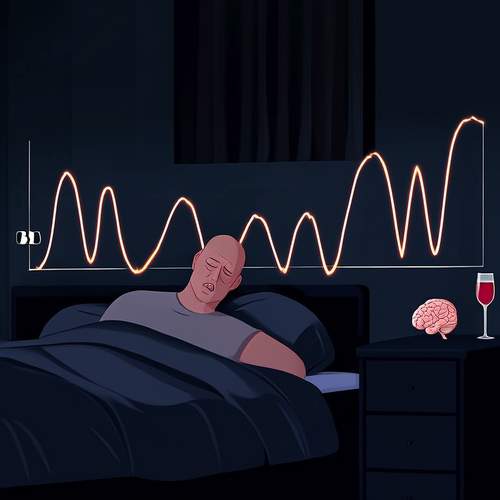
By /May 22, 2025
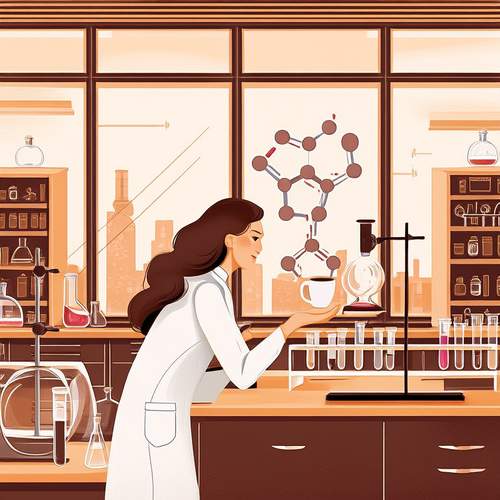
By /May 21, 2025
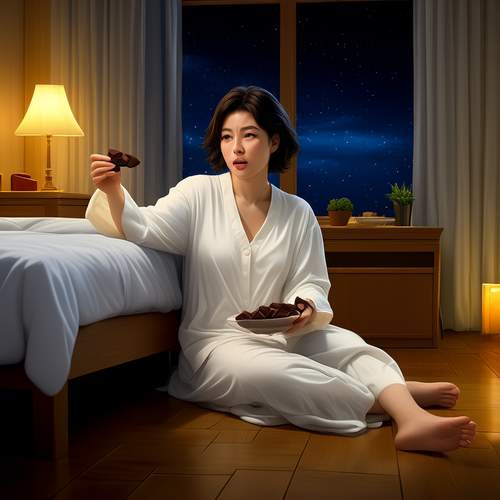
By /May 21, 2025
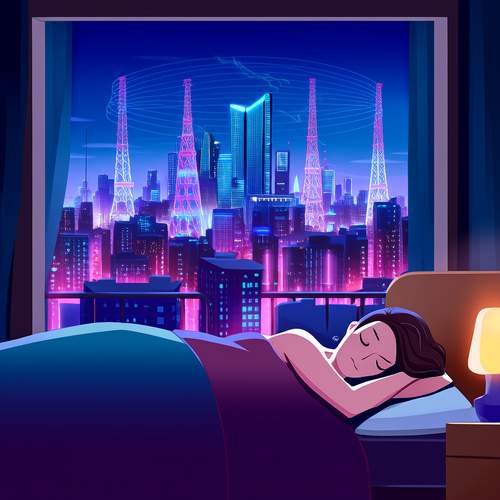
By /May 21, 2025
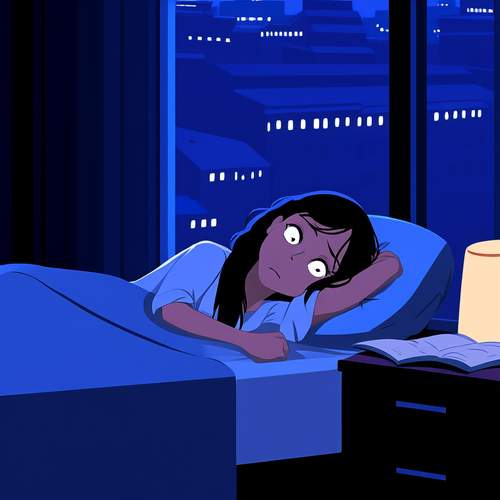
By /May 21, 2025
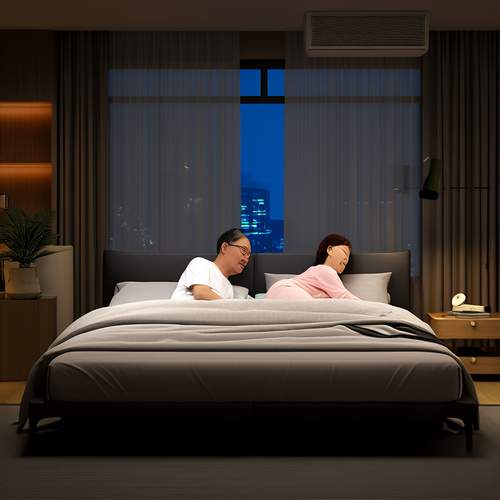
By /May 21, 2025
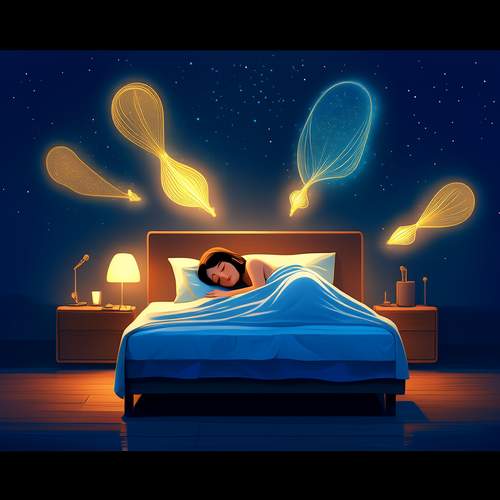
By /May 21, 2025
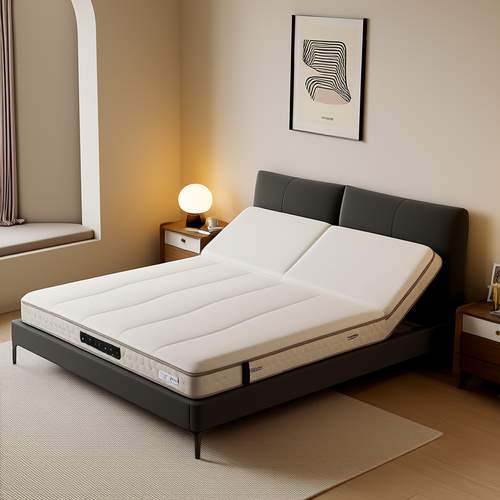
By /May 21, 2025
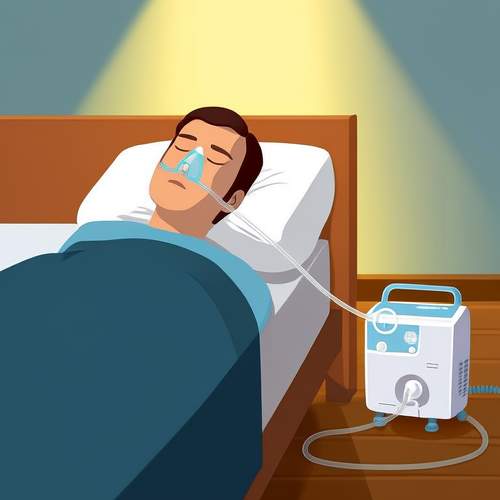
By /May 21, 2025
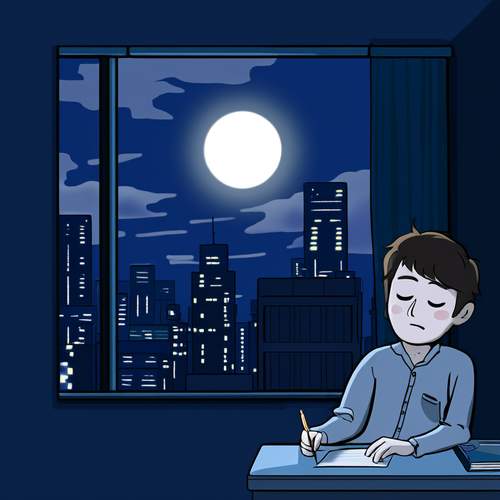
By /May 21, 2025

By /May 21, 2025